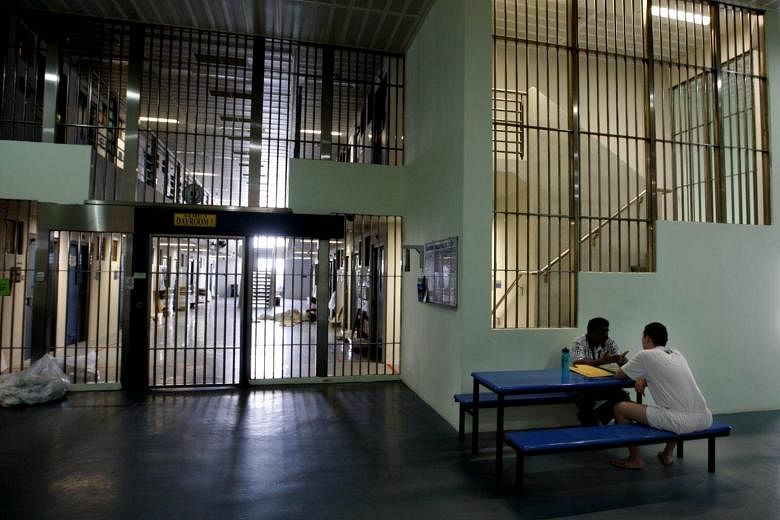SINGAPORE - A 19-year-old youth who was given three years' probation in 2013 for drug trafficking, went on to commit a spate of other offences.
Muhummad Nur Abdullah, who was 23 when he was hauled back to court for breaching his probation order, was sentenced last year to undergo reformative training, a regime meant for offenders below the age of 21 on the day of their conviction.
His sentence was overturned in March by the High Court on appeal by the prosecution, who argued that reformative training was not a sentencing option as Muhammad Nur was over 21 when dealt with for breaching his probation order.
Yesterday, Muhammad Nur's lawyer, Mr Tan Hee Joek, succeeded in getting approval for the Court of Appeal to give a final ruling on whether his client can serve reformative training even though he was above the age of 21.
The procedure, known as a criminal reference, is only reserved for cases that hinge on questions of law of public interest.
Yesterday, Judge of Appeal Andrew Phang noted that the question was important and that two views have arisen on the issue.
Under the law, the court can order reformative training if the convicted person is 16 and above but below 21 "on the day of his conviction". In Muhammad Nur's case, the prosecution argued that the relevant date to determine his age for the purpose of eligibility for reformative training should be the date he was sentenced for breaching his probation order.
In March, the High Court agreed with the prosecution and substituted the reformative training stint with a sentence of five years' jail and five strokes of the cane.
Yesterday, Mr Tan argued that the relevant age is the age at the date of conviction. He cited cases, including one in 2014 where the High Court upheld the sentence of reformative training for an accused person who was below 21 years old when probation was granted and above 21 years old when he was dealt with for breach of probation.
Mr Tan said the conflicting decisions show that the question of law involving the correct interpretation of the Probation of Offenders Act and how it interacts with the Criminal Procedure Code is "one of considerable difficulty and complexity that deserves to be resolved by the Court of Appeal as the highest court of the land".


